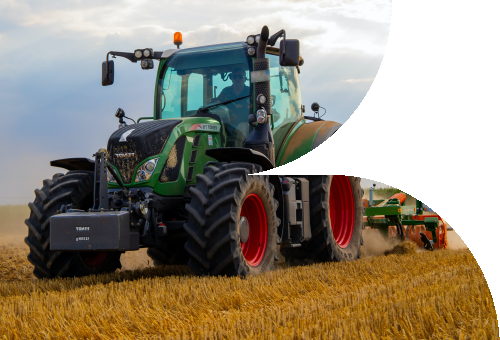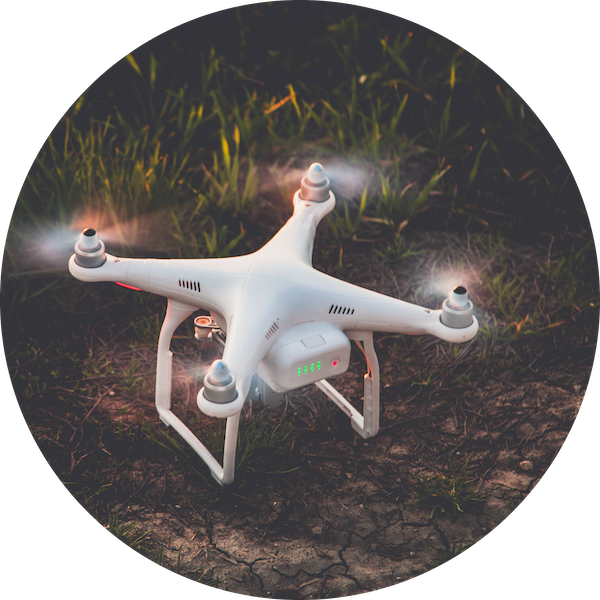Project:
MOSOM (Mapping of Soil Organic Matter)

Intro

The organic matter is a food source for various microorganisms and plants, which is involved in key organic matter transformation processes. Also, it is an important indicator of soil quality, ecological balance and stability of the biosphere, influencing climate change on Earth.
Can you imagine being able to assess and monitor changes in organic matter in the soil in different European countries independently of expensive physical laboratories?
The MOSOM (Mapping of Soil Organic Matter) project, which involves potential clients and partners from academia, research and industry, aims to develop a cross-European, accurate, efficient and user-friendly tool for the remote assessment of organic matter within soil.
Previously conducted feasibility studies and experiments revealed indirect dependence of topsoil organic carbon and multispectral data acquired via satellites or drones. Using this approach, accuracy that meets market demand has been achieved during locally conducted research and trails.
It will be a beyond state-of-the-art solution for soil property assessment that will form the basis for multiple future applications of the technology. The solution developed in the project is based on several different Earth Observation techniques and a unique AI-based analysis architecture.
